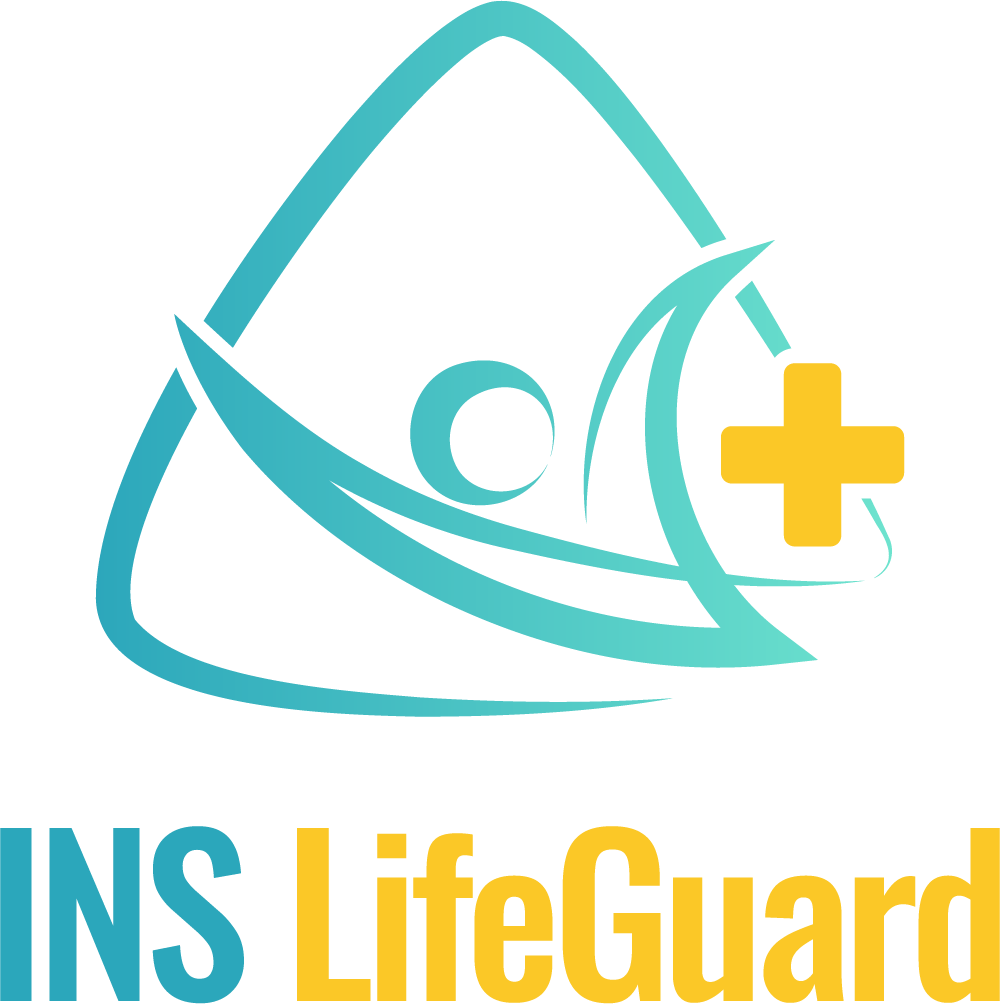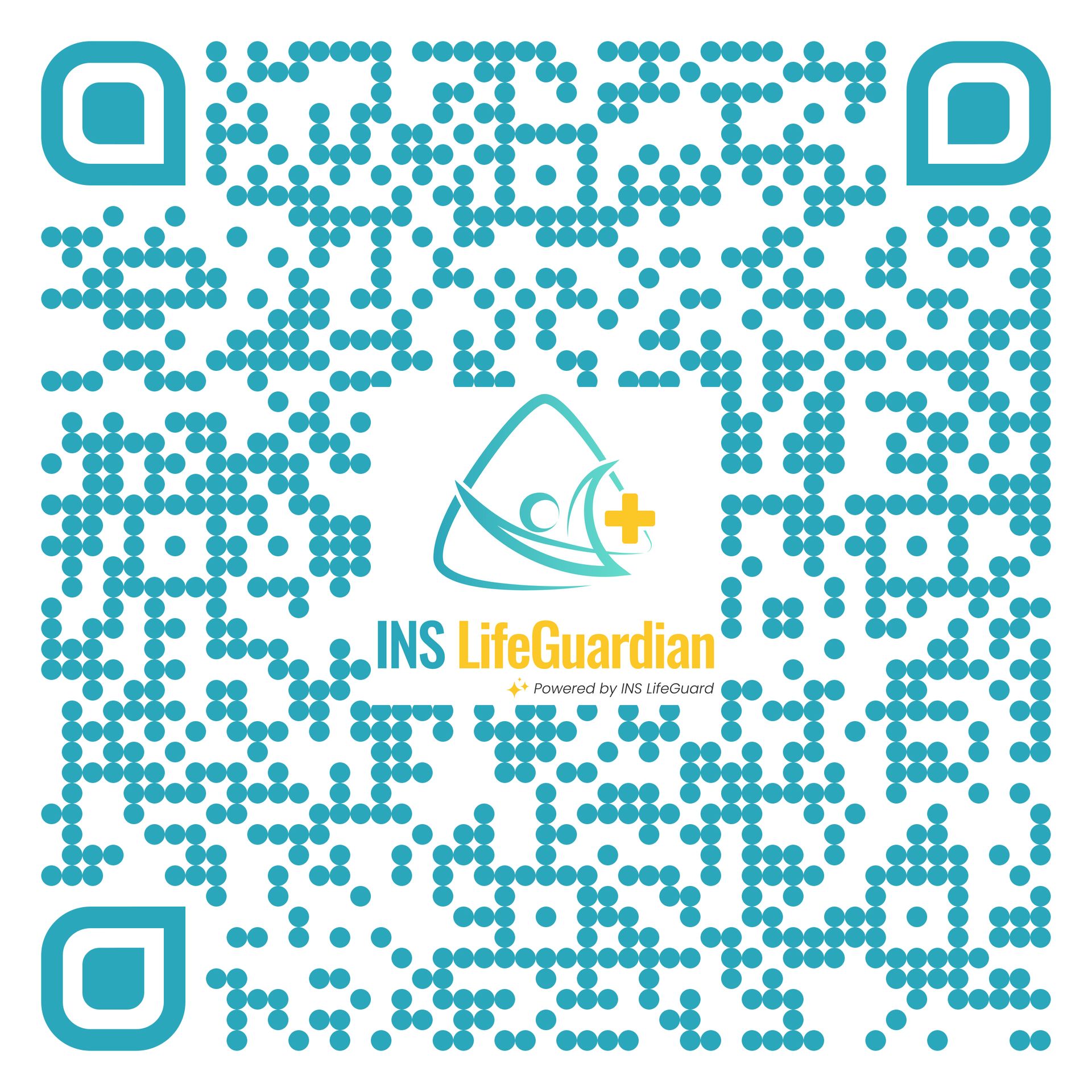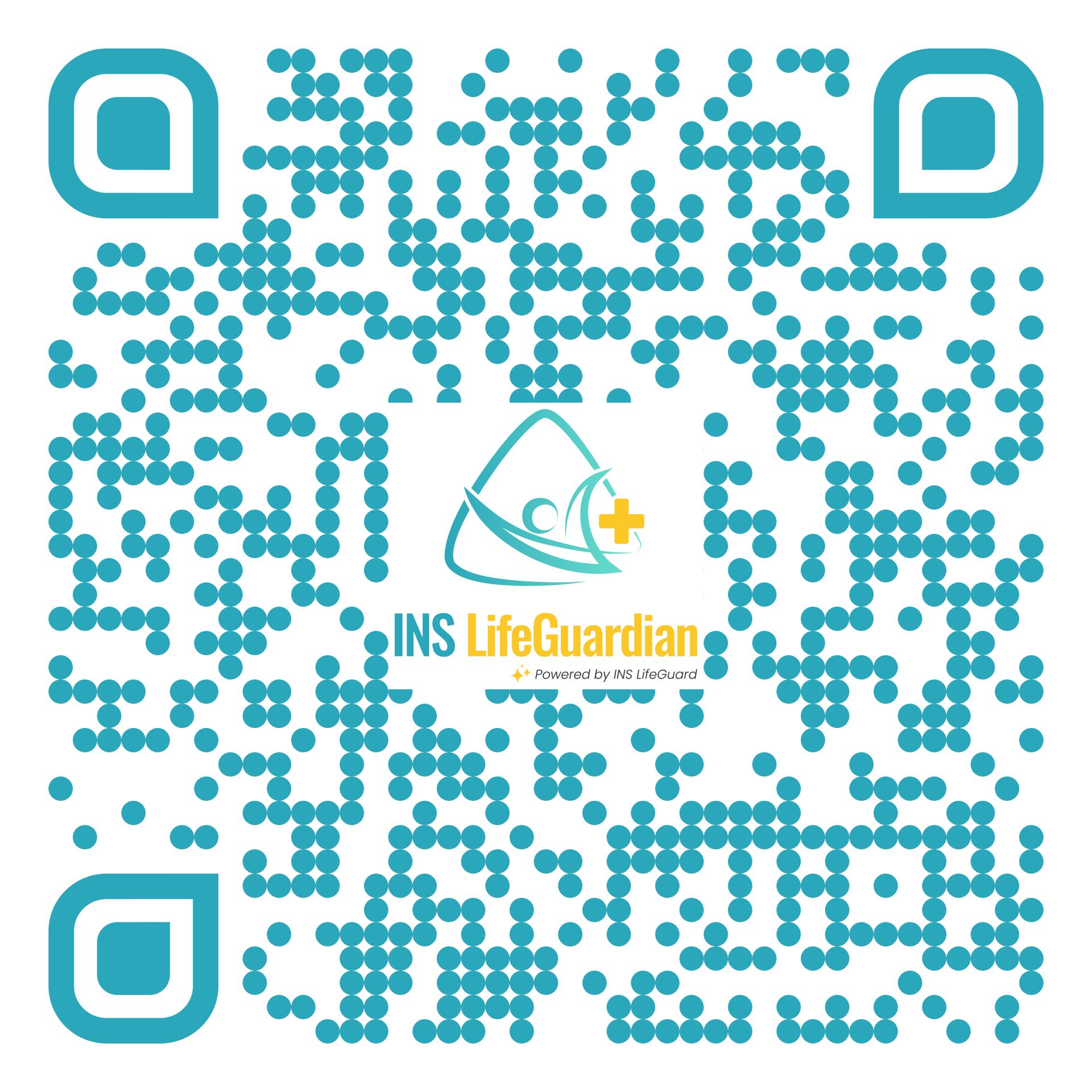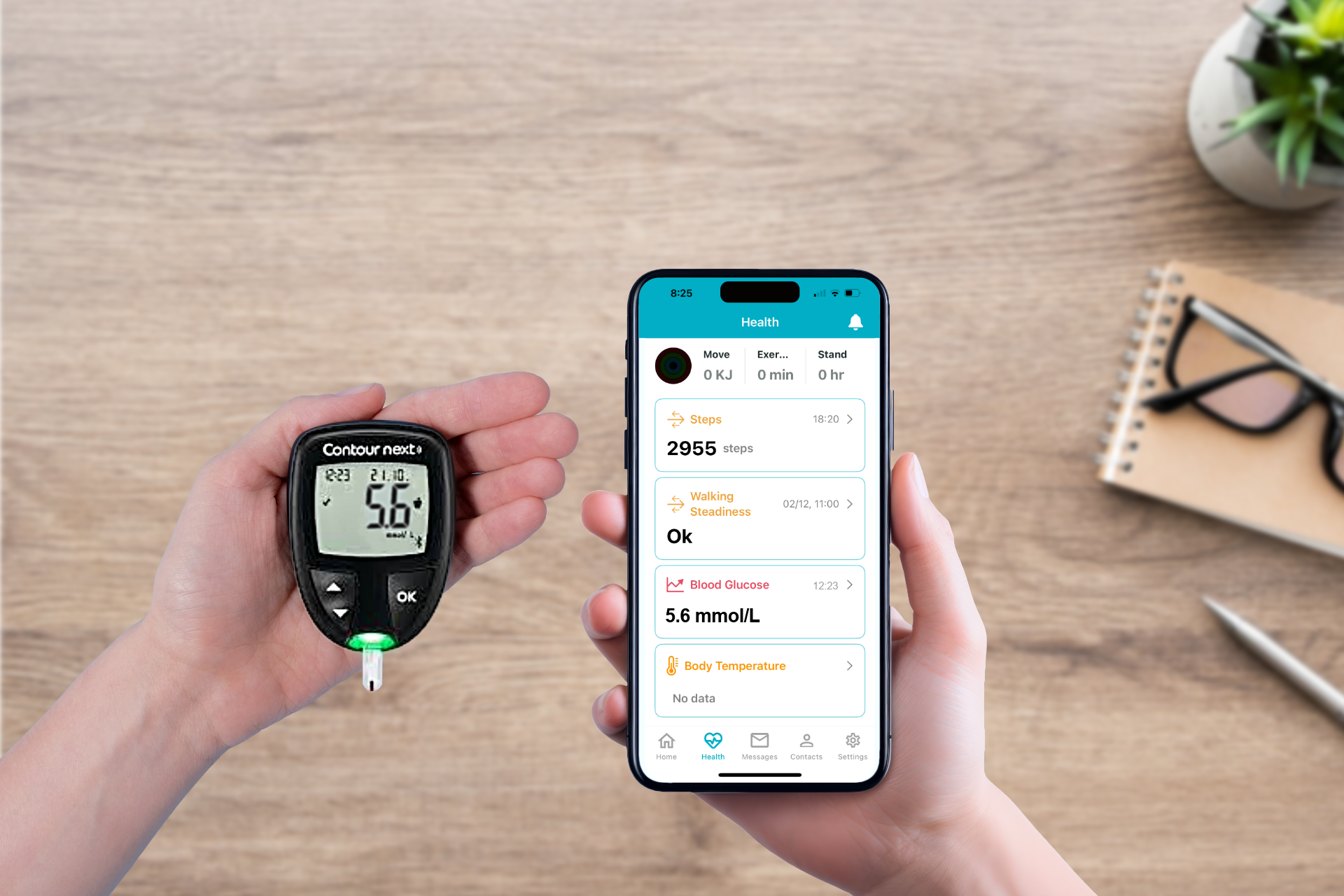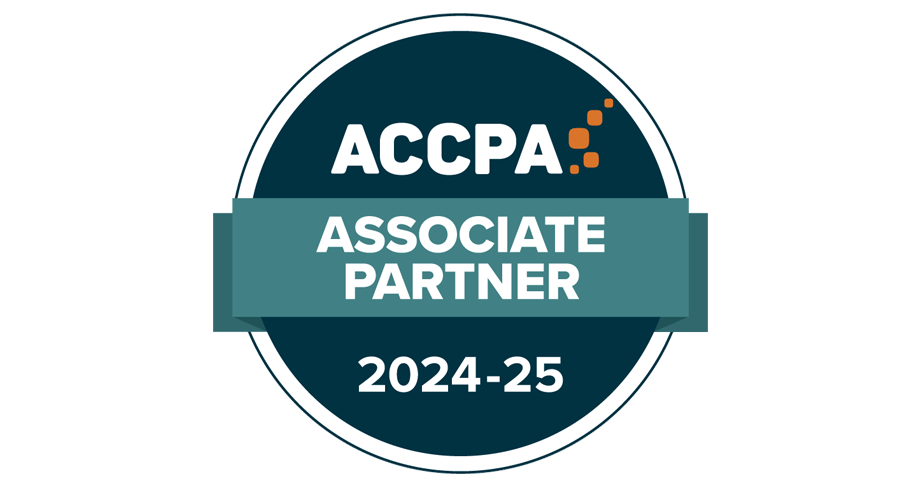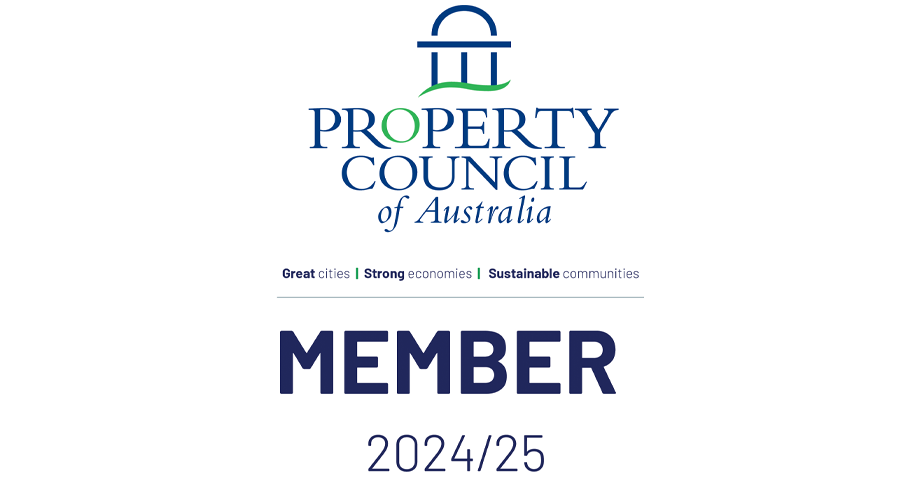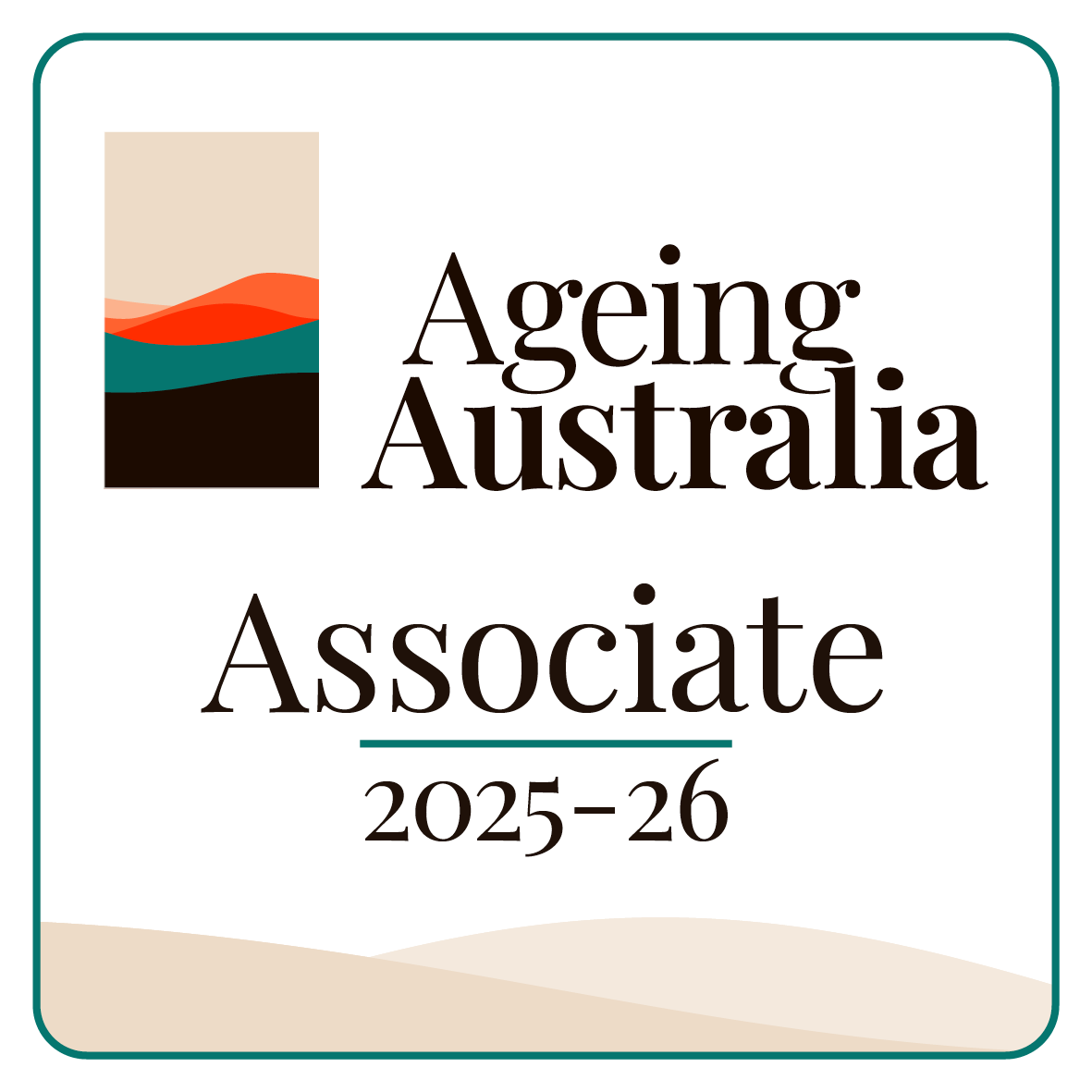Have a Question?
Commonly Prescribed Medications in Australia That Need Monitoring

Many commonly prescribed medications are life-saving, but they can also carry risks if not carefully monitored. Side effects, interactions, or contraindications can lead to reduced effectiveness or even harm. These issues may arise when multiple medications are taken together, or when certain drugs interact with foods, drinks, or supplements.
It’s crucial to inform your healthcare provider of all medications, vitamins, and dietary habits to ensure safe treatment. Real-time health monitoring can add another layer of protection, spotting issues before they become emergencies.
Ronald’s Story – A Real-Life Example
When Ronald’s heart rate data, collected via his compatible smartwatch linked to INS LifeGuardian®, showed frequent low drops, our nurse team immediately noticed. A detailed report was sent to his GP, who reviewed the information and recognised that Ronald’s medication, Metoprolol (a beta-blocker), was contributing to his low heart rate.
The GP ceased the medication. Just one month later, the improvement was clear: Ronald’s heart rate was more stable, with far fewer dangerous dips.
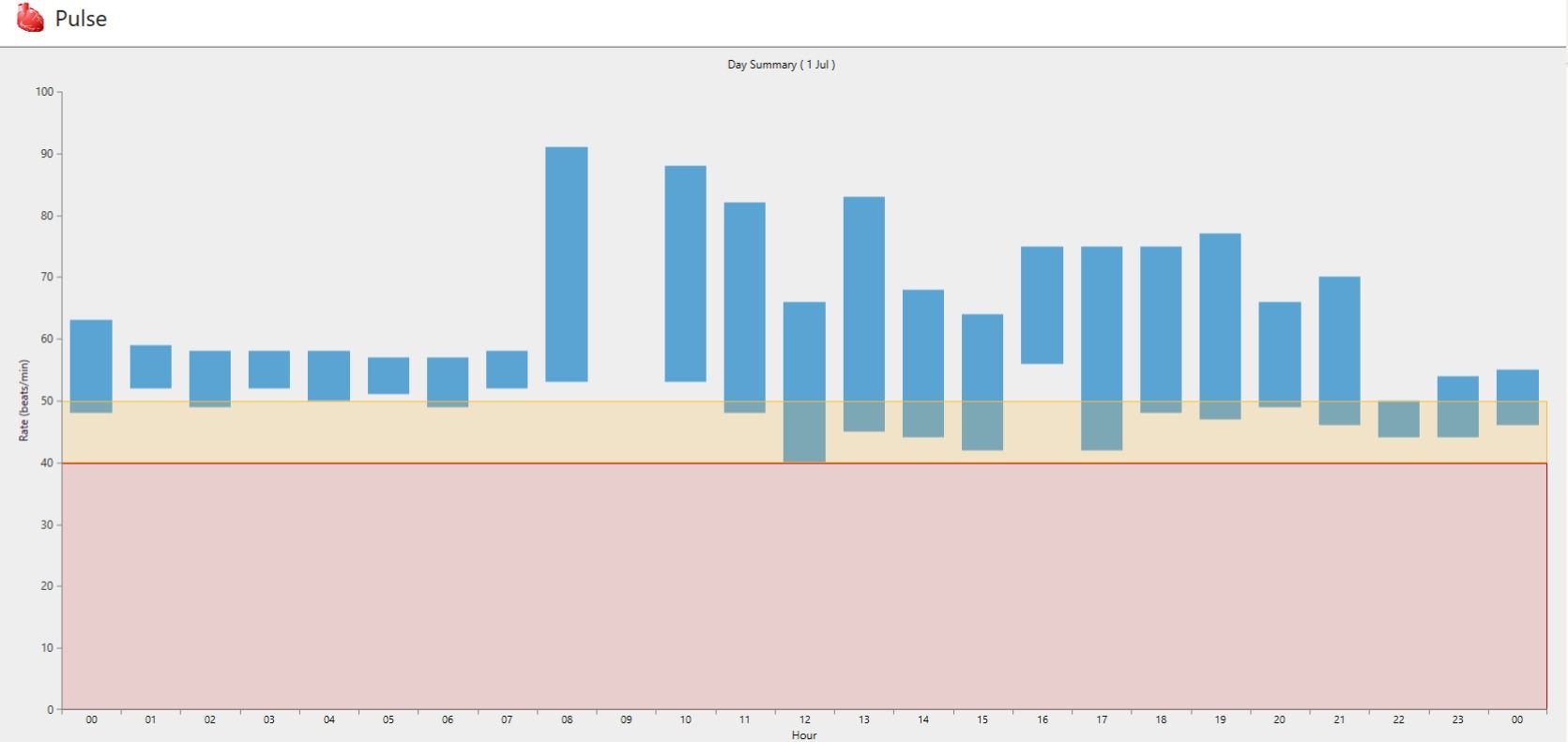
Before (July 2025):
Frequent, dangerous heart rate drops
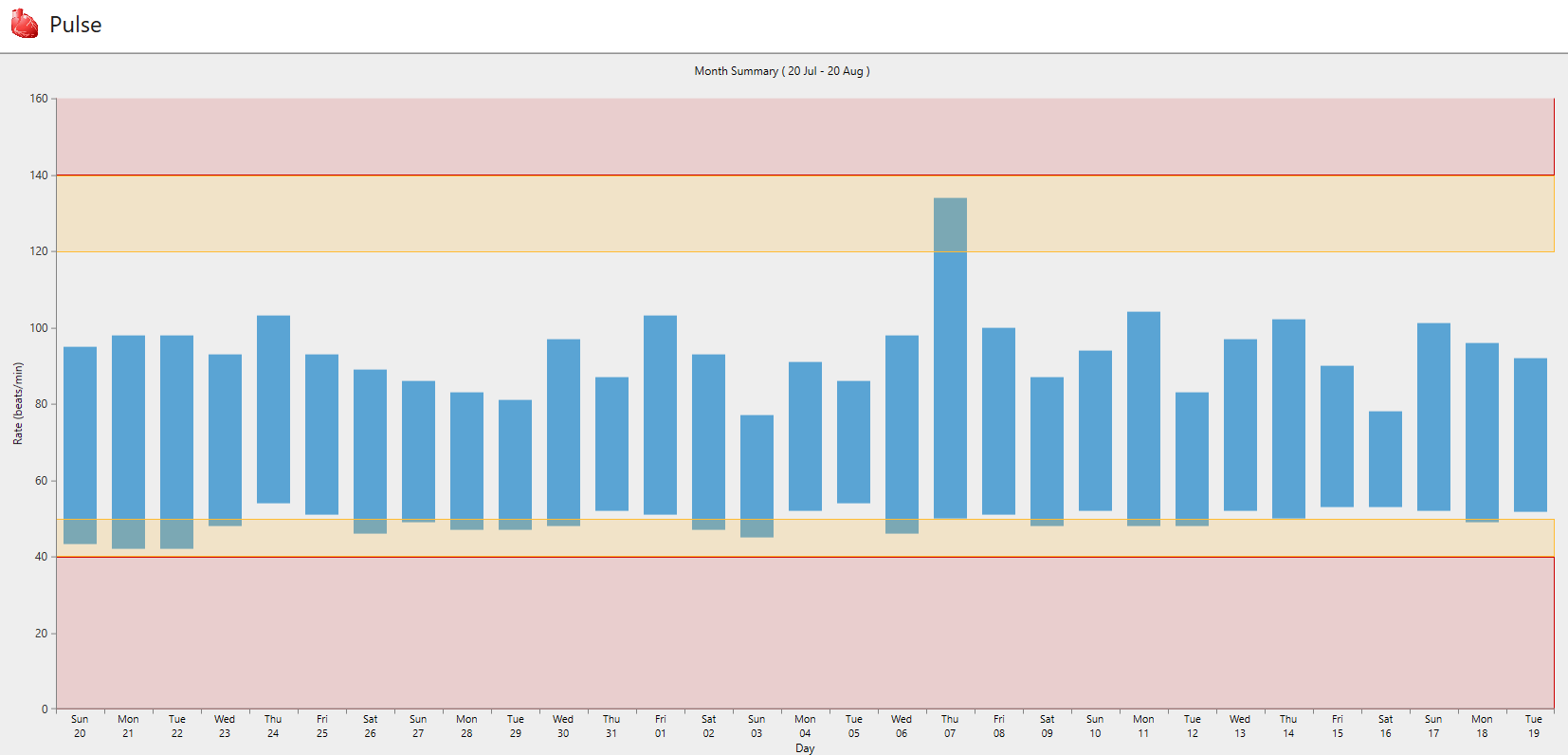
After (August 2025):
Noticeable improvement, with fewer and less severe dips
This outcome shows how wearable technology combined with 24/7 nurse oversight can prevent serious health risks and support safer medication use.
Australia’s Most Common Prescriptions
Ronald’s story highlights the importance of monitoring, and he is far from alone. According to the Pharmaceutical Benefits Scheme (PBS) and Australian Institute of Health and Welfare data for 2022–23, the following medicines are consistently among the most dispensed in Australia each year.
Medications That Require Careful Monitoring – and the Warning Signs
1.
Statins
(e.g., Atorvastatin, Rosuvastatin, Simvastatin)
Why prescribed: To lower cholesterol and reduce the risk of heart attack or stroke.
Risks if not monitored: Rare but serious liver or muscle problems.
Spot the signs:
- Unexplained muscle pain or weakness
- Dark urine
- Severe fatigue
- Stomach pain or yellowing of skin/eyes (jaundice)
2. ACE Inhibitors (e.g., Perindopril, Ramipril, Lisinopril)
Why prescribed: To lower blood pressure, treat heart failure, and protect kidney function.
Risks if not monitored: Kidney strain, high potassium, persistent cough.
Spot the signs:
- Dry, nagging cough
- Dizziness or fainting from low blood pressure
- Muscle weakness or irregular heartbeat
- Swelling in lips, face, or throat (rare but serious reaction)
3. Diabetes Medications (e.g., Metformin, Insulin, Sulfonylureas)
Why prescribed: To control blood sugar in type 1 and type 2 diabetes.
Risks if not monitored: Low or high blood sugar swings.
Spot the signs:
- Shaking, sweating, or confusion (low sugar)
- Blurred vision, thirst, or fatigue (high sugar)
- Sudden mood changes
- Unusual hunger or headaches
4. Antidepressants (SSRIs) (e.g., Sertraline, Escitalopram, Fluoxetine)
Why prescribed: For depression, anxiety, and related conditions.
Risks if not monitored: Changes in mood, sleep, or blood pressure.
Spot the signs:
- Severe mood swings or agitation
- Sleep disturbance
- Headaches, dizziness, blurred vision
- Rarely: irregular heartbeat
Other Common Prescriptions Requiring Monitoring
5. Beta Blockers (e.g., Metoprolol, Atenolol, Bisoprolol)
Why prescribed: Control blood pressure, protect the heart, regulate rhythm.
Spot the signs:
- Dizziness, fainting, or extreme fatigue
- Shortness of breath
- Very slow pulse
6. Blood Thinners (e.g., Warfarin, Apixaban, Rivaroxaban)
Why prescribed: To prevent blood clots and stroke.
Spot the signs:
- Easy or unexplained bruising
- Nosebleeds or bleeding gums
- Blood in urine or stools
- Severe headache or sudden weakness
7. Diuretics (“Water Tablets”) (e.g., Furosemide, Hydrochlorothiazide)
Why prescribed: Reduce fluid retention in the heart, kidney, or blood pressure problems.
Spot the signs:
- Excessive thirst, dry mouth
- Weakness or cramps
- Confusion or dizziness
- Sudden weight loss
8. Digoxin
Why prescribed: To strengthen heart contractions and regulate rhythm.
Spot the signs:
- Nausea or vomiting
- Vision changes (blurred or yellow-green halos)
- Irregular or very slow pulse
- Confusion or dizziness
9. Steroids (Corticosteroids) (e.g., Prednisone, Prednisolone)
Why prescribed: Reduce inflammation in asthma, arthritis, or autoimmune conditions.
Spot the signs:
- Weight gain or swelling
- Mood changes
- High blood sugar
- Frequent infections
Why Monitoring is Essential
These aren’t rare medicines; they are among the most prescribed in Australia, which means many people are at risk of side effects or interactions.
Without close observation, side effects may only become obvious when they cause a health crisis. Real-time monitoring helps detect trends that might otherwise be overlooked, giving healthcare providers the insights they need to adjust treatment safely and promptly.
How INS LifeGuardian® Supports Medication Safety
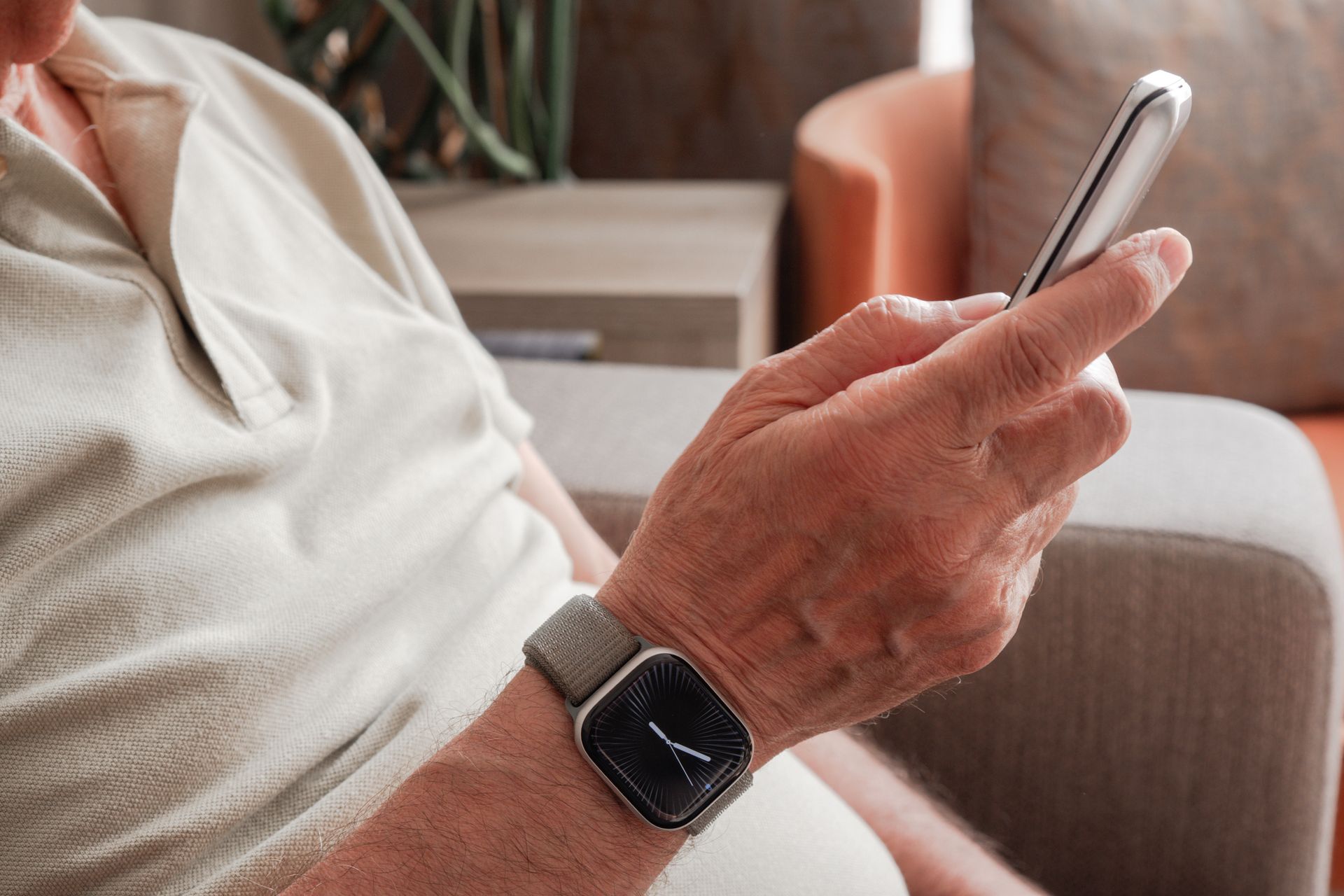
INS LifeGuardian® works seamlessly with
compatible smartwatches to track vital signs such as:
- Heart rate
- Oxygen levels
- Activity and movement
Health alerts are sent directly to the user when unusual readings are detected
The data is transmitted securely to the
INS LifeGuardian® nurse monitoring team, available 24/7. Our qualified nurses:
- Review results continuously
- Identify concerning trends
- Follow up with users when needed
- Generate reports that can be shared directly with a GP or specialist
Final Thoughts
Medications like statins, ACE inhibitors, beta blockers, and blood thinners are part of everyday life for millions of Australians. They transform health outcomes, but they require vigilance.
Ronald’s story is a clear reminder that with real-time monitoring and 24/7 nurse support, risks can be caught early and managed safely.
With INS LifeGuardian®, everyday devices like smartwatches become powerful safety tools. By combining technology with nurse oversight, we help people live safely, confidently, and on their terms.
Ready to Take Control of Your Health and Safety?
With INS LifeGuardian®, you can combine real-time health monitoring, 24/7 nurse support, and personal safety features, all in one app.
Find out more here or activate your free trial today and experience the peace of mind that comes with knowing help is always within reach.
Download Now
Scan the QR code below to get started on the App Store or Google Play.

About
INS LifeGuard is the only 24/7 nurse on-call personal and medical monitoring in Australia. We provide monitoring technology for both in the home and on the go and can also monitor other provider's equipment. Our services are suitable for anyone wanting support to stay independent such as the elderly, those with medical conditions and disabilities plus enhancing safety and security for lone workers.
